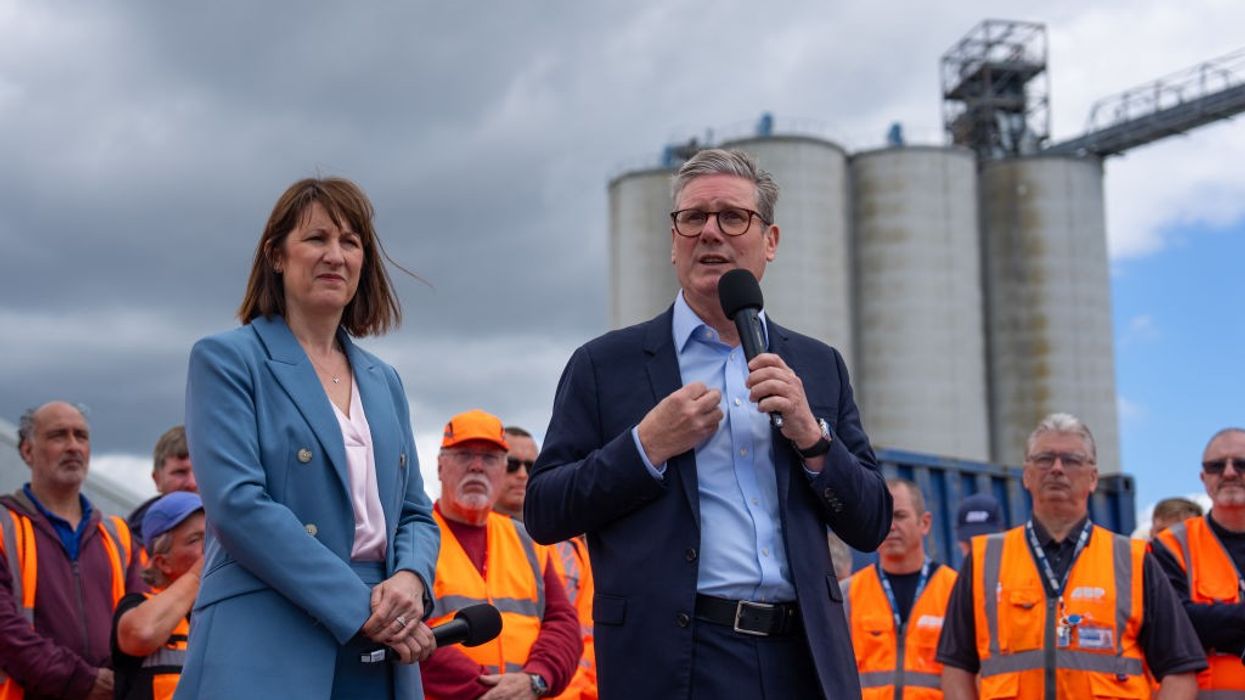PRIME MINISTER Keir Starmer said that his government's first budget next month wouldn't take steps that undermine his goal to generate growth, but warned that unfunded spending commitments could damage the economy.
Elected in July, Starmer has said he has a dire inheritance left by the previous Tory administration, and new chancellor Rachel Reeves has warned that taxes are likely to rise in her first budget on Oct. 30 because of what she said was a 22 billion pound ($29 billion) black hole in the public finances.
Ahead of that budget, Starmer said that, while dealing with that black hole was essential for creating the stability necessary for growth, all decisions would be made against the objective of growth.
"If it promotes economic growth, it's in the Yes column; if it inhibits economic growth, then it's in the No column," Starmer told reporters on a trip to Italy on Monday (16).
"And because I believe that stability is vital for economic growth - I don't think we're going to get economic growth if we don't stabilize the economy - we're going to do the really hard stuff now."
Labour has committed to a fiscal rule that day-to-day costs are met by revenues and debt must be falling as a share of the economy within five years under a budget's forecast.
Asked if he would tweak fiscal rules to promote growth, amid concern from some economists about underinvestment in the economy, Starmer said it was a matter for the budget but strong fiscal rules were important.
"I've always thought it's important to borrow to invest," Starmer said, though he warned he didn't want a repeat of the unfunded budget measures that sparked a crisis that forced Tory prime minister Liz Truss from office in 2022.
"Unfunded commitments for spending are just as bad (as unfunded tax cuts) and likely to have the same impact on the economy," he said.
(Reuters)





